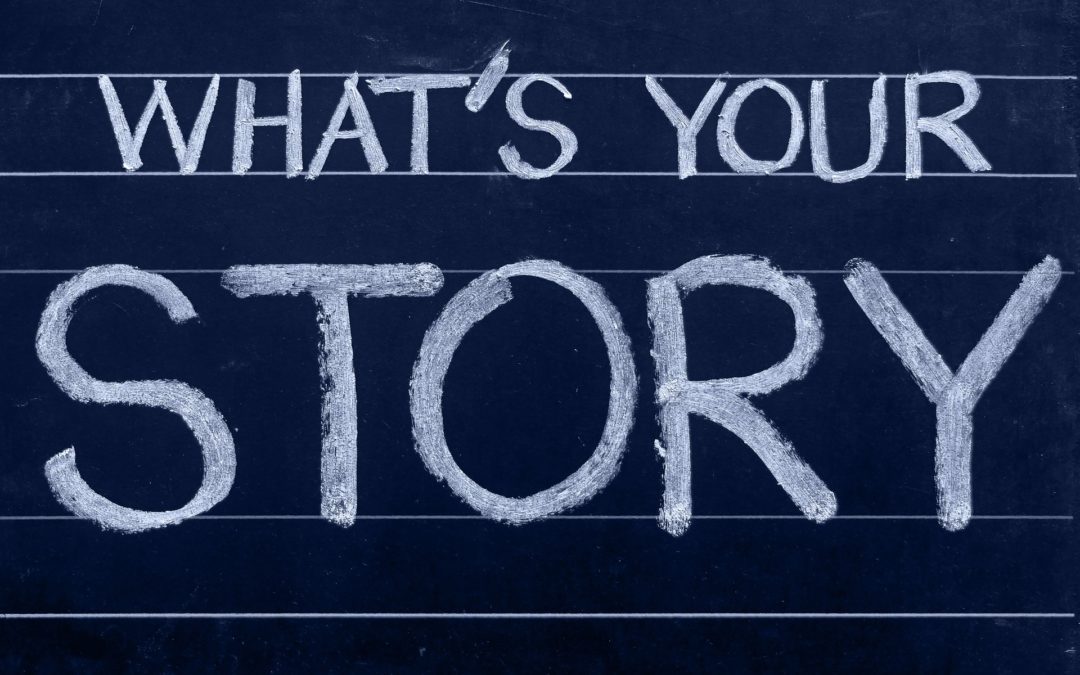I’ve been asked to tell stories for years, from when I was a little kid participating in Show-and-Tell every Friday to the countless applications I’ve had to fill out for colleges and internships. And in theory, I’ve always internalized that stories are important. But why? What it is about sharing stories and our life experiences that is so powerful?
As a sociology major, I’ve been exposed in my studies to both quantitative and qualitative data. Quantitative data tends to focus on numbers and patterns. Qualitative data is more empirical in nature, focused on capturing the human experience through interviews, story collection, etc. Because of my STEM background, I was naturally drawn towards quantitative data. I was comfortable with statistics and numbers. I also regularly heard the media and academics spew facts and figures, so my naïve assumption was that numerical data was the most important form of data collection. If you couldn’t count something, then was it really valid data?
My time at Living Cities completely changed my perspective. Working with their City Accelerator (CA) initiative helped me understand just how important personal stories can be. One of my assignments was to develop a database of minority-owned businesses in the cities that Living Cities had worked with. I was then asked to contact individual entrepreneurs to learn more about their experiences as minority business owners. While I was happy to complete the project, I wasn’t really sure how the data I collected would be helpful. However, several of the CA team members explained that collecting these stories was actually incredibly vital in determining what kind of funding and programs are needed to best support minority businesses. Essentially, “if we don’t know who we’re actually impacting, then how can we provide them with the resources they need?”
This explanation really stuck with me and has given me a renewed appreciation for stories. Through my work, I’ve realized that stories are the human aspect of data collection. They provide an intimate glimpse of humanity and give a face to the numbers that we hear about so often. Yes, statistics are important, but stories are really the emotional push that can provide momentum for action and support.
Prior to this Fellowship, I didn’t know how to tell my story. I didn’t even think I had a story to tell, or at least one that had any importance or value to anyone. Why would anyone care about my life story out of the over 7.5 billion other life stories in this world?
This summer taught me that every individual story is important and valuable, including my own. Our stories remind us of our shared experiences and allow us to connect with one another. Over eight weeks, I was able to connect with the seven other Fellows and my colleagues through the stories and experiences we shared with each other. I am forever grateful that these incredible people are now a part of my life story, one that I can’t wait to share with the world one day.

